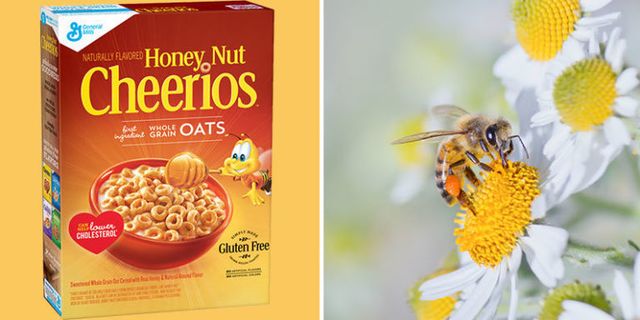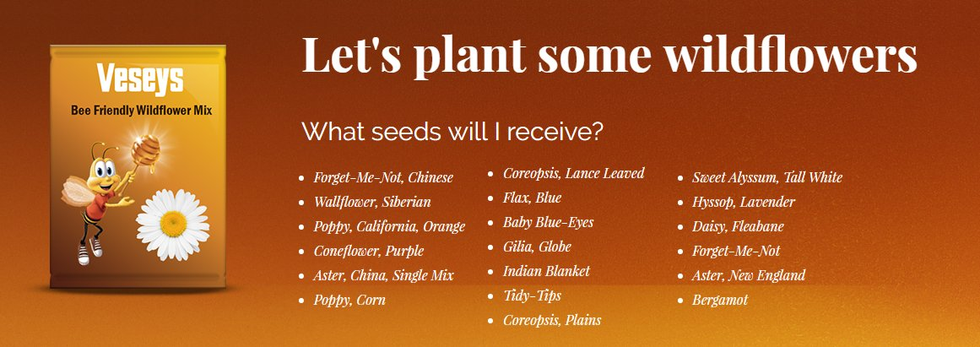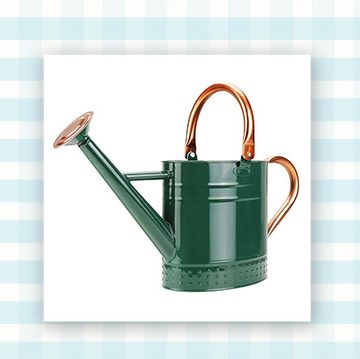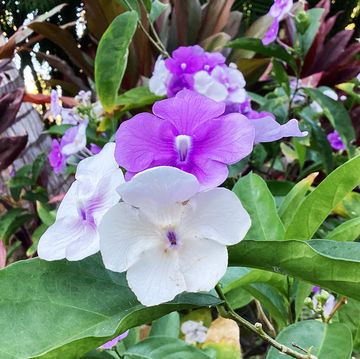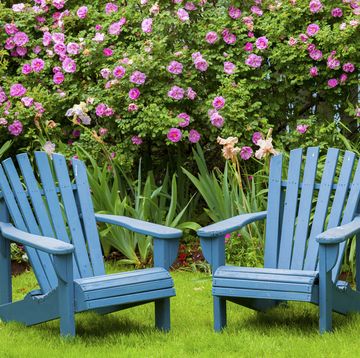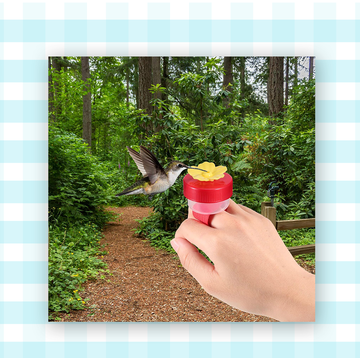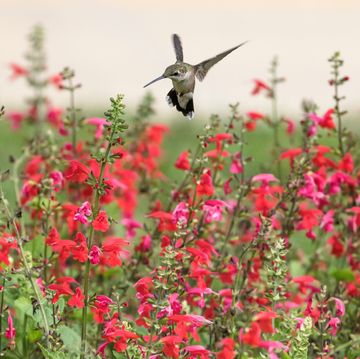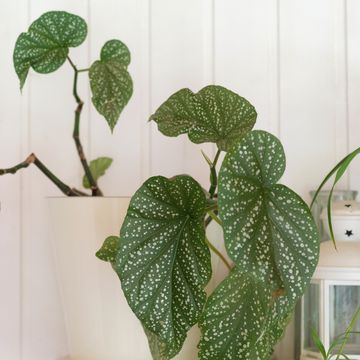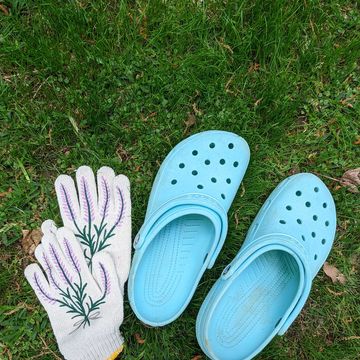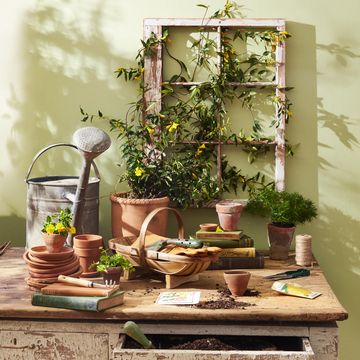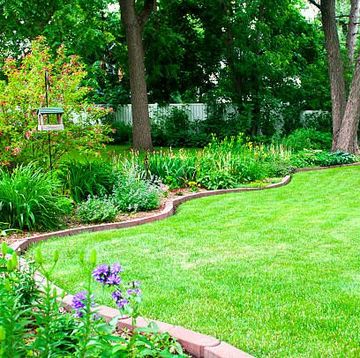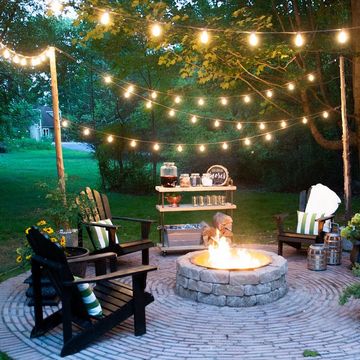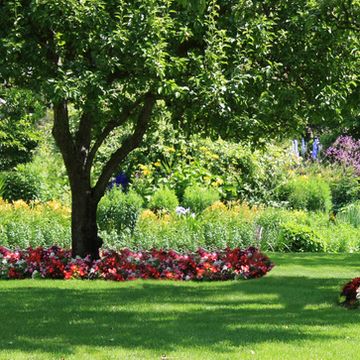It looks like Cheerios is in a bit of hot water over the wildflower seeds they recently handed out in an effort to help the environment. Last month, General Mills took action to raise awareness about bee endangerment, pulling mascot Buzz the Bee from Honey Nut Cheerios packaging and sending free wildflower seed packets to people all over the United States.
An admirable cause, for sure: After all, more than a quarter of the nation's bees are at risk of extinction, and a recent study found that planting a mix of wildflowers could quadruple the survival rate of the pollinators. But as it turns out, some of the species included in the Cheerios seed packets may actually cause damage to certain regions, Lifehacker reports.
For example, the California poppy is considered an "invasive exotic pest plant" in Tennessee, and forget-me-nots are banned as a "noxious weed" in Massachusetts and Connecticut. Although listed as one of the seeds in the mix (above), Lifehacker says the seed packager told the company that forget-me-nots were not included after all.
However, as Kathryn Turner, an ecologist who specializes in invasive plants, tells CountryLiving.com, not all of the wildflowers listed in the mix are native to the United States, which could be equally as problematic. "Non-native species pose the risk of becoming invasive in the future, especially if they are wildly planted by people outside of cultivation, as one might want to do with free 'wildflowers,'" Turner tells us. "Not all non-native species will become a problem in the future, but it is hard to know in advance."
She further explained to Lifehacker:
"No plant is inherently 'bad,' but many species can and have caused a great deal of damage when they are introduced into locations outside of their native range. Invasive species can out-compete the natives they encounter, they can take up all the space and use up all the resources, they can spread disease, and cause other physical changes to their new homes, all of which can have detrimental effects on native species and on humans. It doesn't happen with every plant and in every location, and scientists (like me!) are working now to figure out why that is, how to predict what will cause a problem, how to manage or prevent invasions."
But Cheerios defends its packets, writing to concerned customers on Facebook:
"The flower varieties within the Bee Friendlier Mix were selected for their flowers which produce nectar and pollen that are attractive to bees and other pollinators. The mixture contains annuals, biennials, and perennials that produce flowers throughout the entire growing season (early, mid, and late) in a wide range of colors. The seed varieties in the mix are not considered invasive."
Turner points out to us that a better approach would have been to distribute native seed packets tailored to specific regions, as "it is unlikely that any single set of 20 plants will do well everywhere" in a country as large and environmentally diverse as the U.S.
[facebook ]https://www.facebook.com/Cheerios/photos/a.2025706... data-width="800"[/facebook]
If you received the seed packets or are considering planting some of your own, it might be safest to do some research on the USDA's PLANTS database to determine which wildflowers are best for your location. Xerces, an international nonprofit organization dedicated to protecting wildlife—the very same company that Cheerios teamed up with for this initiative—also breaks down pollinator-friendly plants by region on its website.
It's worth noting that General Mills is also involved in a much more effective plan to save bees—through a five-year, $4 million financial commitment with USDA's Natural Resources Conservation Service (NRCS) to "support farmers across the U.S. by providing technical assistance to plant and protect pollinator habitat, such as native wildflower field edges and flowering hedgerows." The goal is to plant more than 100,000 acres of pollinator habitat through 2021.
"I don't think Cheerios have started an ecological apocalypse or anything," Turner says. "And their efforts at preserving habitat are great! This particular effort with the seed packets however, could have both minimized risks further, and been more effective. I don't particularly think people should plant these seeds."
(h/t: Lifehacker)
